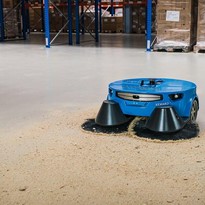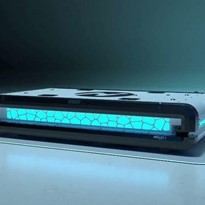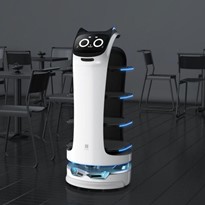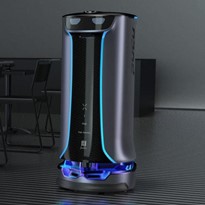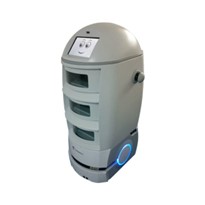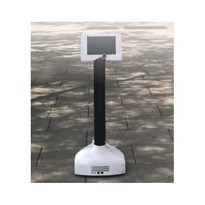Autonomous driving is an inevitable change as technology progresses and new advancements take place. Governments, organizations, and the general public have started to see the advantages of autonomous driving through AI and edge computing. For example, governments have started to view autonomous driving as a solution for buses to operate safely on congested roads. In Australia, the population is concentrated in business capitals such as Sydney and Melbourne and the road infrastructure is not keeping up with the population density, thus leading to unsafe traffic congestion. Hence as autonomous vehicles often have ADAS (advanced driver assistance systems) through the help of AI and Edge technology. This allows autonomous buses to function safely in chaotic traffic conditions. Similarly, organizations prefer autonomous vehicles as it assists with labour shortages due to COVID-19. Factories and warehouses have started the use of AGVs to assist in material handling. Likewise, individuals prefer autonomous cars to cut out fatigue from their daily lives and experience convenience.
Even though different sectors of the world are opening up to the idea of autonomous vehicles and the advantages that they bring, there is still a level of apprehension. Most of the problem ascends from the fact that autonomous vehicles present the possibility of failure and malfunction. Like any other technology, people believe that autonomous vehicles will malfunction in the middle of a crisis and when such instances occur there will be extreme damages that the driver and others in the vicinity will have to incur.
Although failure and malfunctions are a genuine counterargument for autonomous vehicles. However, there are measures that can be taken to prevent such situations from arising. One measure is sourcing reliable in-vehicle technology. Backplane systems technology supports a range of in-vehicle technologies that are tried and tested across various industries and numerous applications. For example, Backplane supports Neousys’ Nuvo-7100VTC, which is the latest rugged in-vehicle controller for versatile in-vehicle applications. Nuvo-7100VTC provides flexibility to support a range of peripherals and connections. It offers four or eight PoE+ ports to supply 25W power to connected devices such as IP cameras with M12 x-coded connectors to guarantee extreme rugged connectivity in shock/ vibration environments. Making, Nuvo-7100VTC extremely efficient and advanced to perform tasks that allow for safe autonomous driving.
Furthermore, The NRU-110V series is a Jetson AGX Xavier™ fanless computer supporting GMSL cameras that can act as a camera sensor hub for autonomous driving, a control unit for autonomous mobile robots (AMR), or a video transcoding unit for teleoperation of unmanned ground vehicles. It is a turnkey solution with on-board GMSL deserializers for eight synchronized automotive GMSL camera inputs and a pre-installed board support package (BSP) with drivers for selected cameras. Ultimately, allowing NRU-110V to be an asset to autonomous driving under any circumstance.
Therefore, it is evident that autonomous driving is growing rapidly, however, to progress securely reliable and tested technology is needed. Ensuring the safety of the broader community.


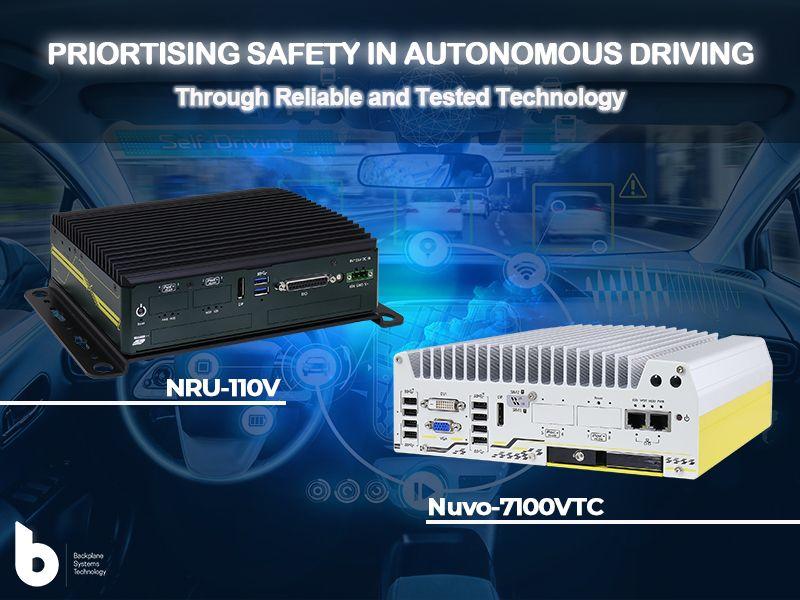
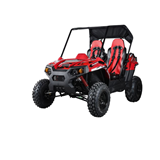


-160x160-state_article-rel-cat.png)
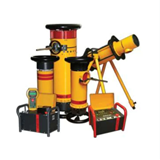
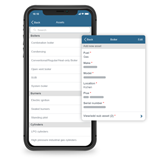
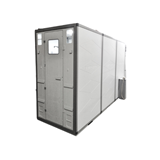


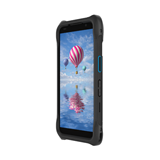

-160x160-state_article-rel-cat.png)
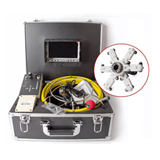



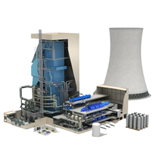


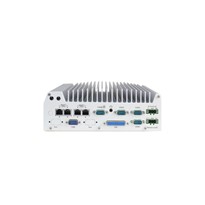
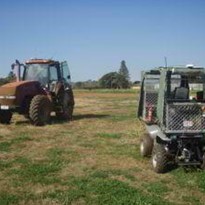

-205x205.jpg)
